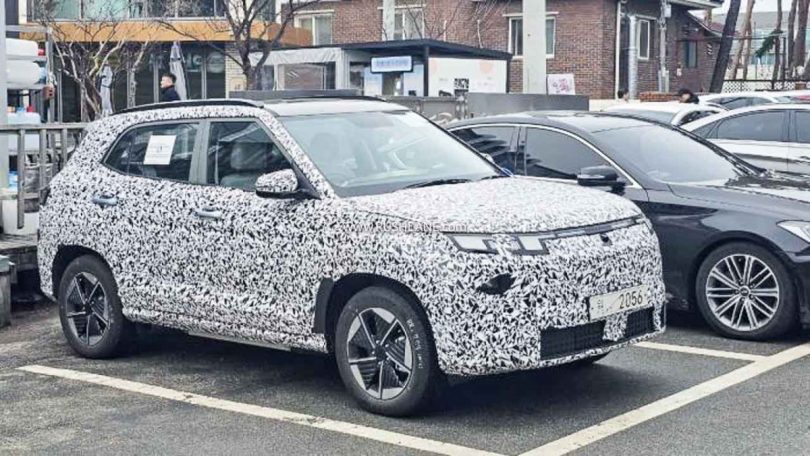Hyundai Motor Company is set to introduce four new budget electric vehicles (EVs) in India by 2025. This ambitious plan aims to cater to the growing demand for affordable EVs in the Indian automotive markets.
Creta EV
The first in line is the Hyundai Creta EV, expected to hit the roads by January 2025. The Creta EV will be based on the popular internal combustion engine (ICE) model, retaining much of its design and features. This strategic decision is likely to help Hyundai keep production costs low while leveraging the existing popularity of the Creta. The Creta EV is anticipated to come with a 45 kWh battery pack, offering a range of up to 450 km on a single charge. Competing with models like the Tata Curvv EV and MG ZS EV, the Creta EV is expected to be priced between INR 15-18 lakh.
Inster/Exter EV
Following the Creta EV, Hyundai plans to launch an electric version of the Inster, a micro-SUV currently sold internationally. Slated for a 2026 release, the Inster EV will be built on Hyundai’s E-GMP platform and is expected to compete with the Tata Punch EV. This model aims to be one of the most affordable EVs in the Indian market, with a price tag likely starting around INR 10 lakh. There is a possbility that this will be named as the Exter EV.
Venue EV and Grand i10 Nios EV
Hyundai is also exploring the possibility of electrifying its popular Venue and Grand i10 Nios models. The Venue EV will be based on the next-generation ICE model, which is set to debut globally next year. The Grand i10 Nios EV, on the other hand, will target the compact car segment, offering an affordable entry point for urban commuters looking to switch to electric. The Venue Ev will compete with the segment leader Nexon EV while the Grand i1o Nios EV will take on the Tiago EV.
New Investment
This move comes as part of Hyundai’s broader strategy to invest INR 40 billion (approximately $530 million) in the Indian EV market by 2028. The company aims to establish a strong foothold in the budget EV segment, which is expected to see significant growth in the coming years. Hyundai’s focus on affordability and range is likely to resonate well with Indian consumers, who are increasingly looking for cost-effective and environmentally friendly transportation options.
While the exact specifications and features of these upcoming models are still under wraps, Hyundai’s commitment to expanding its EV portfolio in India is clear. The company’s efforts align with the Indian government’s push for electric mobility, aiming to reduce pollution and dependence on fossil fuels.
Also Read: Hyundai announces big festive offers across models in India


